Filter by
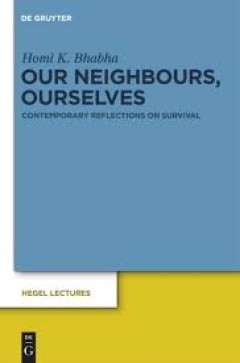
Our Neighbours, Ourselves Contemporary Reflections on Survival
Homi K. Bhabha delivered the 2010 Hegel lecture, evoking the spirit of Hegel in an attempt to understand contemporary issues of ethical witness, historical memory and the rights and representations of minorities in the cultural sphere. Who is our neighbour today? What does hospitality mean for our times? Why is the recognition of others such an agonizing encounter with the alterity of the self?…
- Edition
- -
- ISBN/ISSN
- 9783110262445
- Collation
- -
- Series Title
- -
- Call Number
- -
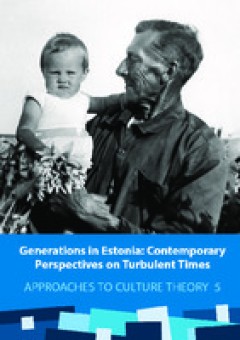
Generations in Estonia: Contemporary Perspectives on Turbulent Times
This book provides the international reader with the first study of different generations and intergenerational relations in Estonia. The chapters highlight generational patterns in the 20th and 21st centuries, with the volume as a whole taking an interdisciplinary approach. Sharing the idea that generations are dynamic, that their borders are blurred and change over time, and that their constr…
- Edition
- -
- ISBN/ISSN
- 9789949770564
- Collation
- -
- Series Title
- -
- Call Number
- -
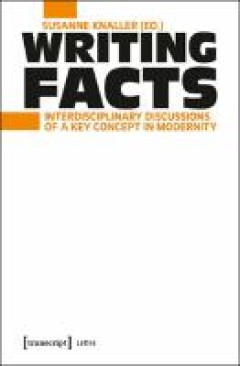
Writing Facts : Interdisciplinary Discussions of a Key Concept in Modernity
Fact« is one of the most crucial inventions of modern times. Susanne Knaller discusses the functions of this powerful notion in the arts and the sciences, its impact on aesthetic models and systems of knowledge. The practice of writing provides an effective procedure to realize and to understand facts. This concerns preparatory procedures, formal choices, models of argumentation, and narrative…
- Edition
- -
- ISBN/ISSN
- 9783839462713
- Collation
- -
- Series Title
- -
- Call Number
- 306
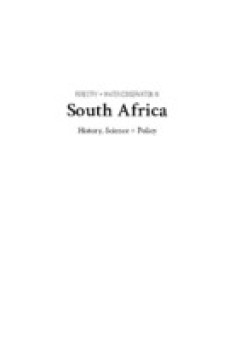
Writing Facts : Interdisciplinary Discussions of a Key Concept in Modernity
»Fact« is one of the most crucial inventions of modern times. Susanne Knaller discusses the functions of this powerful notion in the arts and the sciences, its impact on aesthetic models and systems of knowledge. The practice of writing provides an effective procedure to realize and to understand facts. This concerns preparatory procedures, formal choices, models of argumentation, and narrati…
- Edition
- -
- ISBN/ISSN
- 9783839462713
- Collation
- -
- Series Title
- -
- Call Number
- 306
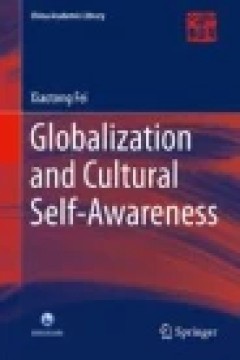
Globalization and Cultural Self-Awareness
This volume comprises some twenty articles, speeches and conversations of Fei Xiaotong from the late 1980s to the early 2000s. Their central connecting theme is how civilizations could co-exist against a backdrop of rapid globalization. Fei proposes his concept of “cultural self-awareness,” summarized in the axiom “each appreciates his own best, appreciates the best of others, all appreci…
- Edition
- -
- ISBN/ISSN
- 978-3-662-46647-6
- Collation
- XV, 268
- Series Title
- -
- Call Number
- 371 FEI g
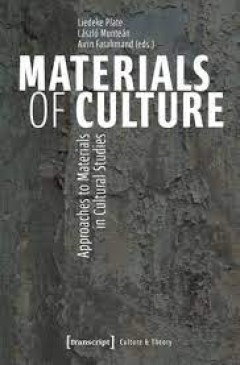
Materials of Culture Approaches to Materials in Cultural Studies
While the so-called material turn in the humanities and the social sciences has inspired a vibrant discourse on objects, things, and the concept of materiality in general, less attention has been paid to materials, particularly in cultural studies scholarship. With each of its chapters taking a particular material as its point of departure, this volume offers a palette of fresh approaches to ma…
- Edition
- -
- ISBN/ISSN
- 9783839466971
- Collation
- -
- Series Title
- -
- Call Number
- -
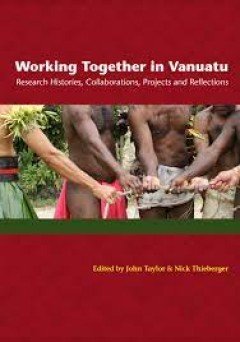
Working Together in Vanuatu Research Histories, Collaborations, Projects and…
This collection is derived from a conference held at the Vanuatu National Museum and Cultural Centre (VCC) that brought together a large gathering of foreign and indigenous researchers to discuss diverse perspectives relating to the unique program of social, political and historical research and management that has been fostered in that island nation. While not diminishing the importance of ind…
- Edition
- -
- ISBN/ISSN
- -
- Collation
- -
- Series Title
- -
- Call Number
- -
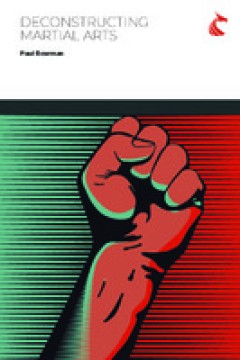
Deconstructing Martial Arts
"What is the essence of martial arts? What is their place in or relationship with culture and society? Deconstructing Martial Arts analyses familiar issues and debates that arise in scholarly, practitioner and popular cultural discussions and treatments of martial arts and argues that martial arts are dynamic and variable constructs whose meanings and values regularly shift, mutate and transfor…
- Edition
- -
- ISBN/ISSN
- 9781911653028
- Collation
- -
- Series Title
- -
- Call Number
- -
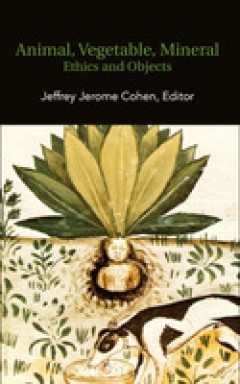
Animal, Vegetable, Mineral: Ethics and Objects
Animal, Mineral, Vegetable examines what happens when we cease to assume that only humans exert agency. Through a careful examination of medieval, early modern and contemporary lifeworlds, these essays collectively argue against ecological anthropocentricity. Sheep, wolves, camels, flowers, chairs, magnets, landscapes, refuse and gems are more than mere objects. They act; they withdraw; they ma…
- Edition
- -
- ISBN/ISSN
- 9780615625355
- Collation
- -
- Series Title
- -
- Call Number
- -
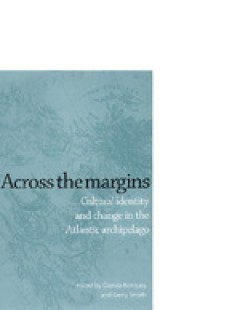
Across the margins: Cultural identity
Across the margins offers a comparative, theoretically informed analysis of the cultural formation of the Atlantic Archipelago. In its overall conception and in specific contributions (including an introductory essay), this collection demonstrates the benefits of working across the disciplines of history, geography, literature and cultural studies, but also presents new configurations of cultur…
- Edition
- -
- ISBN/ISSN
- 9780719057496
- Collation
- -
- Series Title
- -
- Call Number
- -
 Computer Science, Information & General Works
Computer Science, Information & General Works  Philosophy & Psychology
Philosophy & Psychology  Religion
Religion  Social Sciences
Social Sciences  Language
Language  Pure Science
Pure Science  Applied Sciences
Applied Sciences  Art & Recreation
Art & Recreation  Literature
Literature  History & Geography
History & Geography